
OR
Budget for gender sensitivity and climate change to see new record
Published On: June 3, 2018 07:59 AM NPT By: Republica | @RepublicaNepal
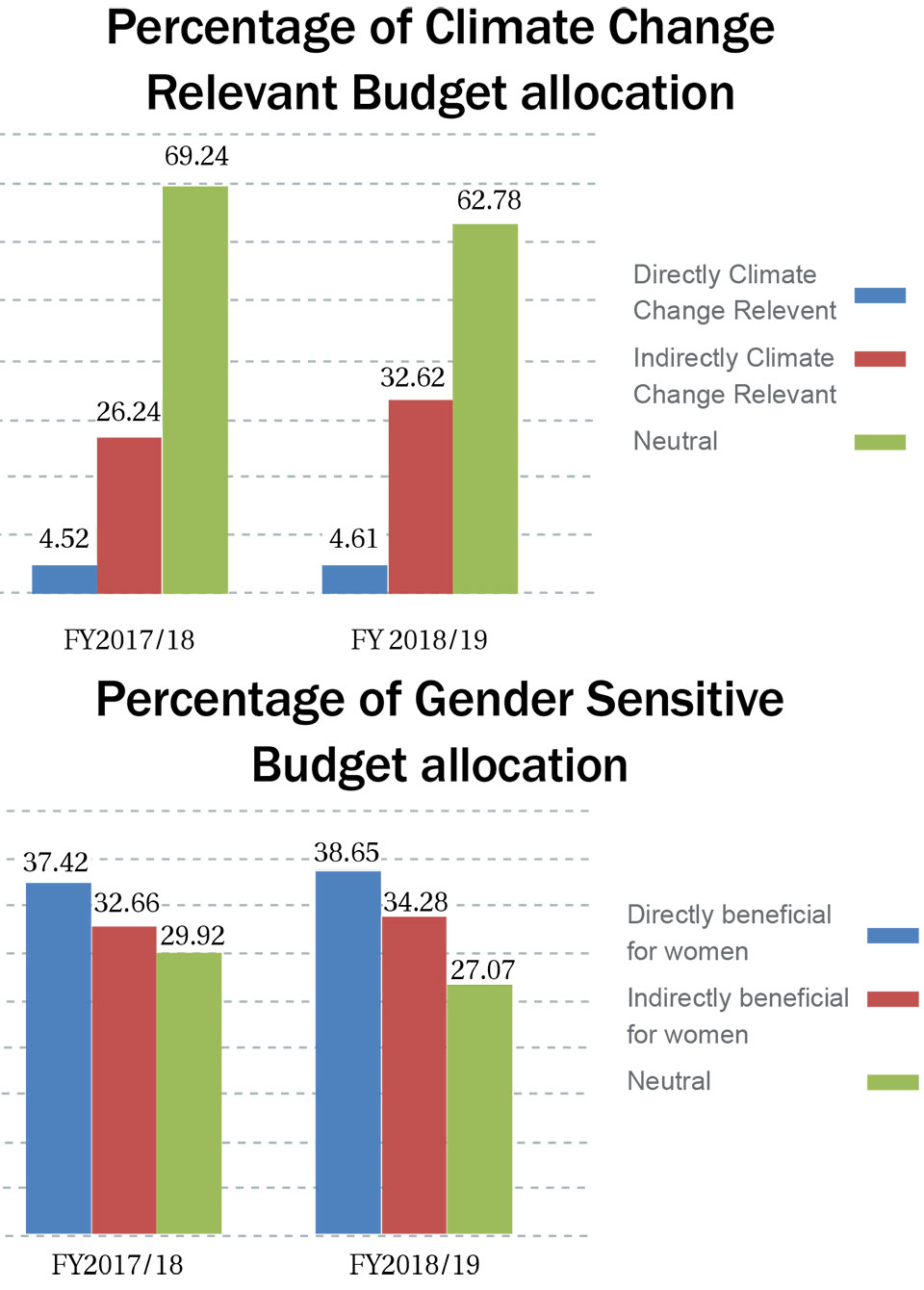
KATHMANDU, June 3: The budget allocations relevant for climate change adaptation and gender sensitivity, as segregated in the federal budget, will reach a new high in the next fiscal year.
The budget tabled in the parliament earlier this week has allotted more funds on headings relevant for climate change and gender sensitivity, according to a comparison of the red book for the current fiscal year and a proposed amount for the next fiscal year.
A total of Rs 488 billion is directly or indirectly relevant for climate change adaptation, and this categorization is done as per the budget. There are 11 different indicators to assess the budget relevant for the climate change.
Of this, a total of Rs 60 billion will be directly relevant to mitigate the challenges of the climate change, while the indirectly climate change relevant budget stands at Rs 428 billion. This is an increment by 8 percent compared the current fiscal year. Such allocation is only Rs 393 billion—Rs 57 billion directly relevant and Rs 335 billion indirectly relevant—in the current fiscal year.
The gender sensitive budget allocation proposed for the next fiscal year is Rs 958 billion—Rs 508 billion directly beneficial and Rs 450 indirectly beneficial to gender issues—which is an increment by 7 percent from Rs 895 billion of the current fiscal year.
Such categorization of the budget spending is regarded as a modern way of budget-making, and it indicates that the government has given attention to these sectors though its outcomes have not yet been measured. Some critics, however, are of the view that these are not fully realistic and are taken just for categorization. Any activity that gives 50 percent or more benefits to women are categorized as directly beneficial to women, while activities with 20 to 50 percent benefits are regarded as indirectly gender-sensitive.
According to the Secretary for the Ministry of Agriculture, Land Management, and Cooperatives, Gopinath Mainali, there exists a practice, although a bit liberal, to make categorization during budget-making in terms of climate change relevance and gender sensitivity.
“This is an example of how the government has given attention in its budget planning--from project selection to budget implementation--in an attempt to go for a very modern way of budget-making,” he said. Mainali was the national focal person while starting this categorization during his stint at the National Planning Commission as a joint secretary.
United Nations Development Program (UNDP) has showcased Nepal’s climate-relevant achievements at several public events. Nepal earned a UN award in 2013 for taking leadership in these efforts. According to Mainali, “Many other countries have also learned from Nepal in this sector-specific budget categorization.”
Lawmaker of the National Assembly, Bimala Paudel, who is also a gender analyst, said that the move to categorize budget as gender specific was praiseworthy but more works were needed to see its real outcomes.
“We need to change the approach of mere mechanical calculation of gender categorization. Its real outcomes need to be analyzed in detail,” said Paudel, adding that the indicators of categorization should be made by trained people.
You May Like This
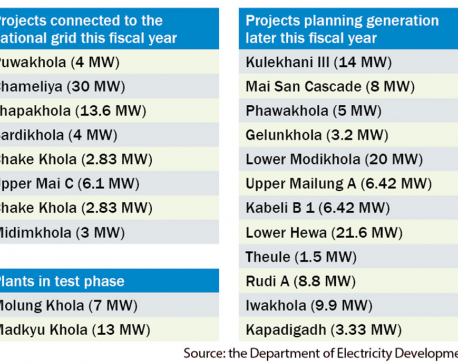
Country to see record addition of hydropower in FY2017/18
KATHMANDU, Feb 17: Twenty-two new hydropower plants, mostly medium- and small-sized, will begin generating electricity within this fiscal year. The combined... Read More...

Agroforestry in climate change mitigation
Agroforestry is a new name for the old set of practices followed by farmers since historical times. It is the... Read More...

Researchers blame climate change behind increasing diarrhoea epidemic
KATHMANDU, Dec 22: A research has shown that climate change could be the reason behind increasing diarrhoea epidemic in the last... Read More...





Just In
- Nepalgunj ICP handed over to Nepal, to come into operation from May 8
- Nepal to gift two elephants to Qatar during Emir's state visit
- NUP Chair Shrestha: Resham Chaudhary, convicted in Tikapur murder case, ineligible for party membership
- Dr Ram Kantha Makaju Shrestha: A visionary leader transforming healthcare in Nepal
- Let us present practical projects, not 'wish list': PM Dahal
- President Paudel requests Emir of Qatar to initiate release of Bipin Joshi
- Emir of Qatar and President Paudel hold discussions at Sheetal Niwas
- Devi Khadka: The champion of sexual violence victims



_20240423174443.jpg)






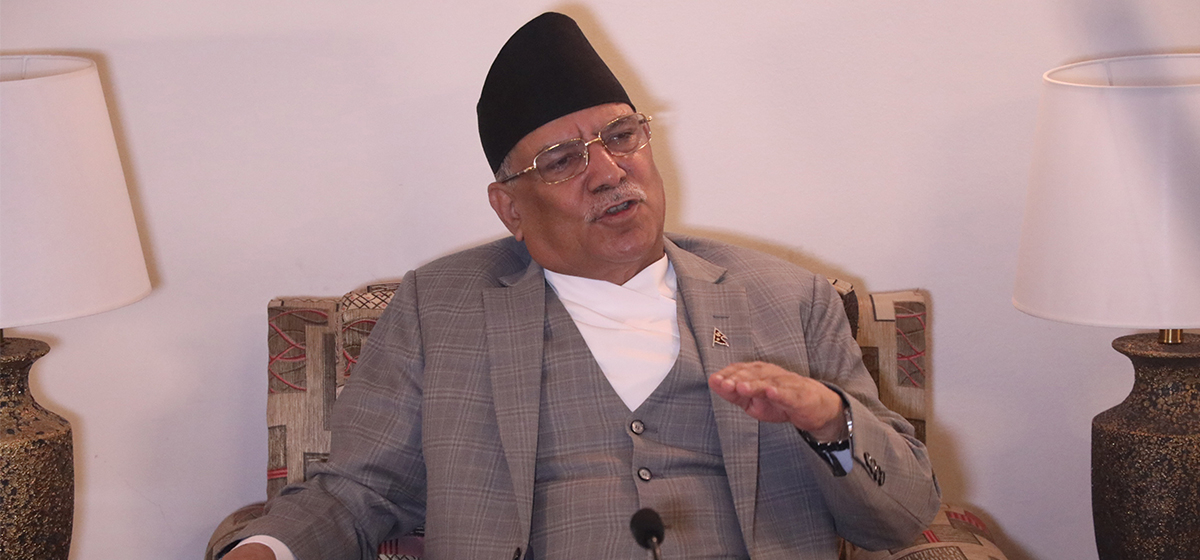

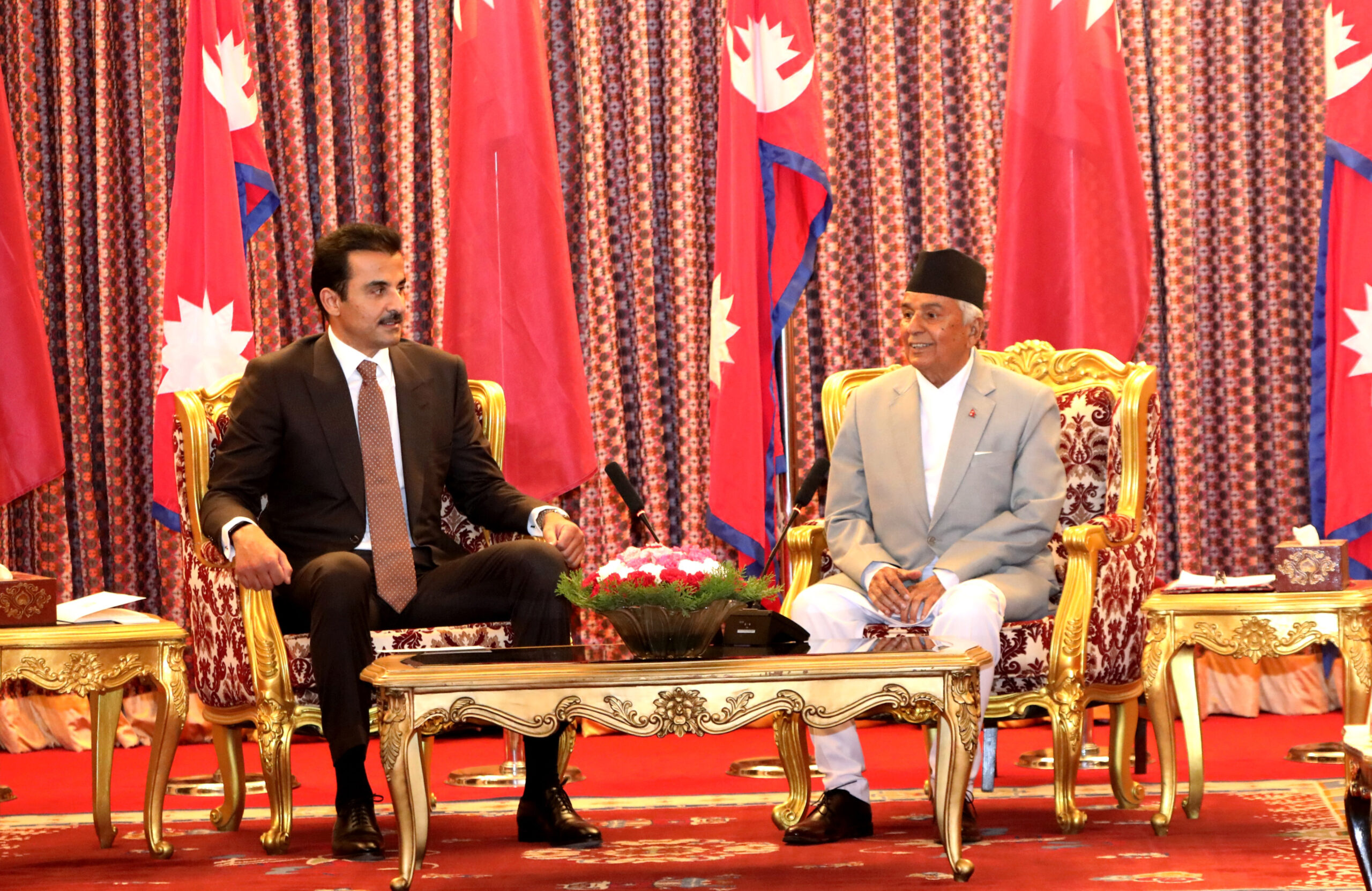
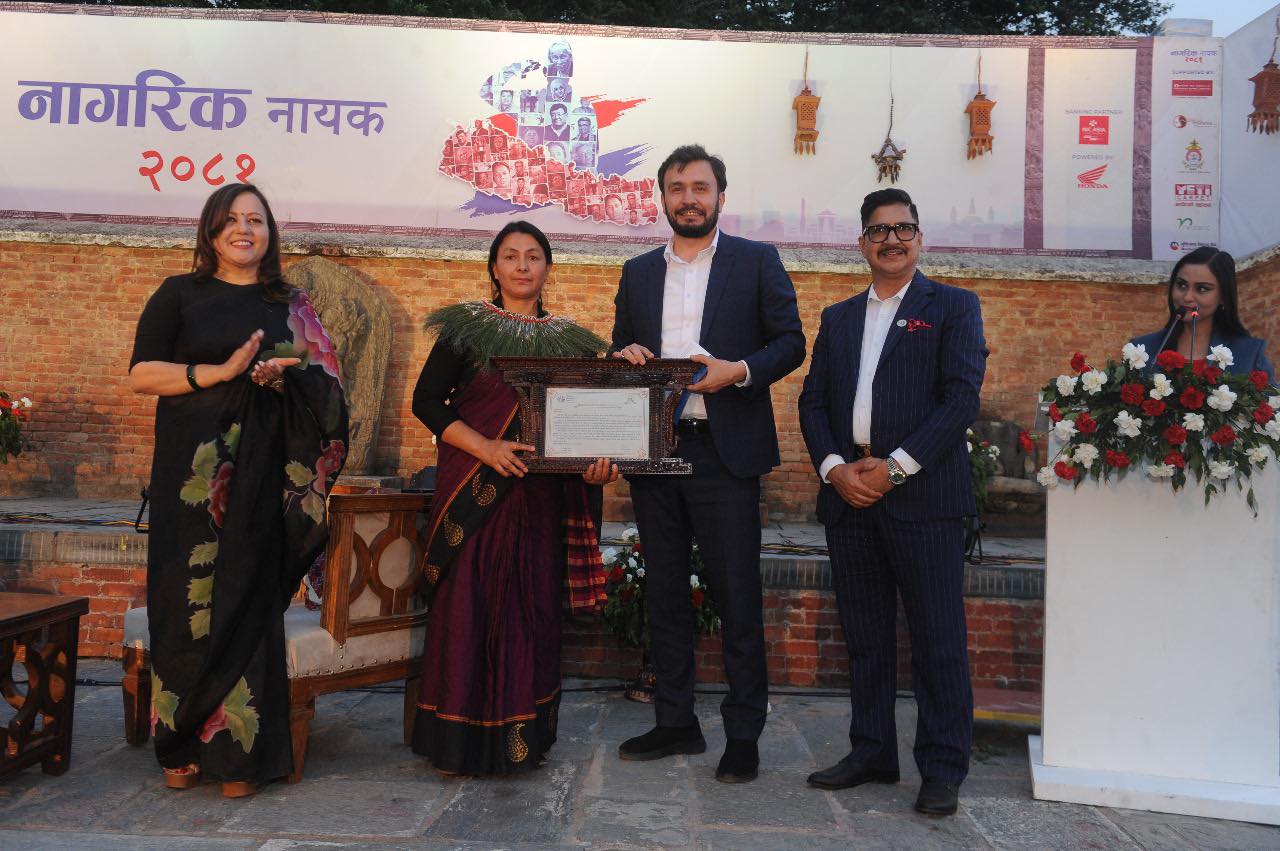
Leave A Comment